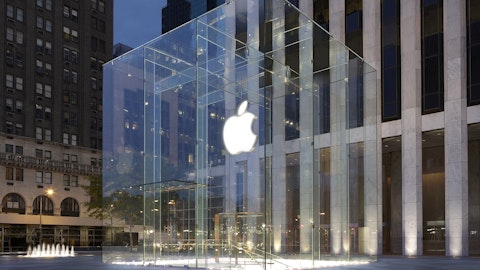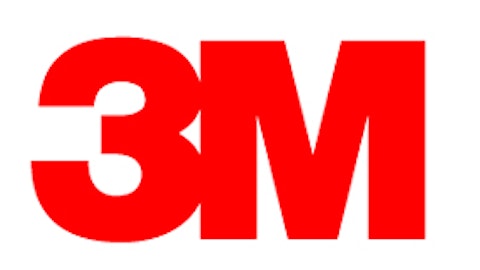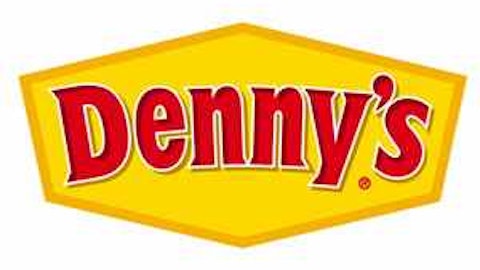Apple-centric blog 9to5Mac reports that Google Inc (NASDAQ:GOOG) will open retail stores to compete with Apple Inc. (NASDAQ:AAPL). This comes just a few months after Microsoft Corporation (NASDAQ:MSFT) began establishing its own retail stores in a similar vein. With the growing trend of tech companies taking retail operations into their own hands, Best Buy Co., Inc. (NYSE:BBY)’s days as a consumer electronics warehouse are surely numbered.
Isn’t this something we already know?
Over the last year, shares of Best Buy have been decimated. Poor sales combined with a management shakeup have sent shares trading from the mid-$20 range last spring to Friday’s closing price of $16.87.

Why are the bears staying away? Fears of a possible going-private transaction may have kept many short sellers from targeting Best Buy as aggressively as they otherwise might have. For the last several months, the company’s founder Richard Schulze has indicated that he would like to take Best Buy private.
Schulze stepped down from his role as Chairman in May, and still owns about 20% of the company. But his quest to purchase the rest of the retailer is getting stale.
Originally, a bid was expected to come from Schulze in August, but that deadline was subsequently pushed back to February. Then, last week, The Wall Street Journal reported that Schulze may be getting cold feet, and rather than an outright takeover, he may attempt to purchase a second minority stake with a group of investors. Perhaps, in time, that plan will also fall through.
There’s nothing for Best Buy to sell
Hedge fund manager David Einhorn took a stake in Best Buy in May of 2011, writing in a letter to investors that there remained value in being able to “walk out of the store with your purchase.” But, perhaps admitting defeat, Einhorn shed his Best Buy stake entirely by the third quarter of 2012.
It’s true that there’s value in being able to walk out of the store with your device. Which is why Apple’s retail operations have done so well. Yet, unfortunately for Best Buy, they’ve done too well.
Microsoft has seen Apple’s success and decided to follow suit. Now Google Inc (NASDAQ:GOOG) will apparently do the same. I argued previously that Amazon.com, Inc. (NASDAQ:AMZN) should too, and perhaps it will.
With Apple’s devices sold at Apple stores, Windows devices sold at Microsoft’s stores, and now Android and Chrome devices sold at Google Inc (NASDAQ:GOOG) stores, what does that leave for Best Buy? Sure, Best Buy has more stores in more communities, but at this point that seems to be a hindrance, not a benefit.
Last year, Best Buy announced plans to close 50 stores and focus on opening new, smaller “mobile” locations. It is undeniable that Best Buy’s stores are absurdly large. Much of that space was once necessary: There was a time when consumers actually purchased physical CDs and DVDs en masse. But that is market is rapidly fading. Soon, other media will shift solely to online distribution, such as video games.
The Internet isn’t the enemy
When Einhorn first took his Best Buy stake, he wrote that the bears believe that “the Internet puts BBY on a path to Blockbuster-video obsolescence.” But Best Buy’s problems don’t stem from Internet competition.





